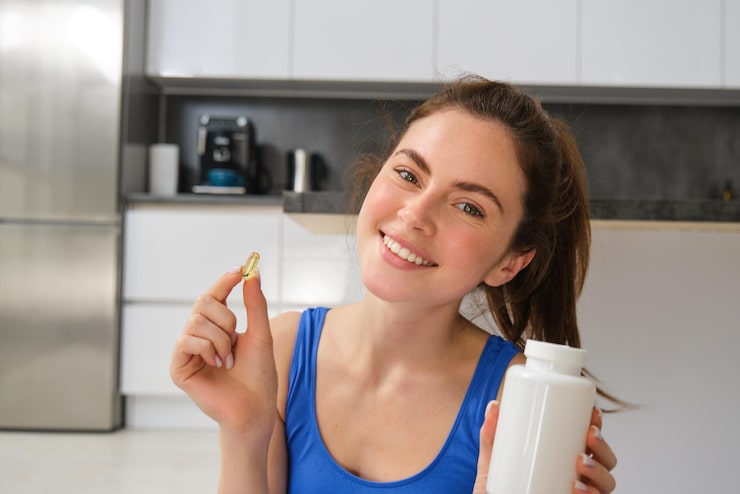If you’ve just had a baby, good nutrition is key to your recovery. If you’re breastfeeding, what you eat directly affects your baby’s health and growth. Breastfeeding mothers often need higher amounts of many nutrients than during pregnancy. Getting the right nutrients helps you feel better and gives you the energy to care for your infant.
Vitamin A supports immunity, healthy vision, and tissue growth. When you breastfeed, your milk supplies Vitamin A to your baby during a time of rapid growth. It’s a fat-soluble vitamin found in leafy greens, fish oils, beef liver, and eggs.

Iron isn’t a vitamin, but it’s essential after childbirth to replace the blood lost during delivery. Your iron stores also help provide iron to your baby for proper development. Good sources include red meat and green leafy vegetables. If your iron is very low, receiving intravenous iron at home from medical professionals may be the best option. Raising low iron levels can ease dizziness, headaches, fatigue, and other deficiency symptoms.
The B vitamins work together and affect neurotransmitters like dopamine and serotonin, which influence mood. Taking a full range of B vitamins can improve mood and energy. Vitamin B6 helps regulate milk production. Vitamin B12 is needed for healthy red blood cells and nervous system development; a deficiency can cause fatigue, depression, headaches, and digestive problems. Babies lacking B12 may be more irritable and at higher risk of poor growth. B12 is found mainly in animal foods like tuna, liver, beef, and salmon; vegans should take a B12 supplement.
Vitamin C is water-soluble and found in citrus fruits and other produce. It helps heal wounds, fight infections, and isn’t stored in the body, so you need it daily from food or supplements. As a strong antioxidant, it helps neutralize free radicals and also improves iron absorption. Low vitamin C can cause delayed wound healing and fatigue.
Vitamin D supports the immune system, brain, and nerves, and can help protect cells from damage. It may lower the risk of postpartum anxiety or depression. Sunlight can provide Vitamin D, and it’s also in fatty fish like salmon and tuna, egg yolks, and fortified milk or orange juice. Vitamin D helps babies absorb calcium and phosphorus for strong bone development.
Vitamin E often drops after birth, so supplementation may be helpful. It’s an antioxidant needed in the first two months postpartum to support newborn immune function and lung development. Taking vitamin E for about six months after birth can give the baby extra antioxidant support.
Vitamin K helps blood clot and stop bleeding. Babies are born with very little Vitamin K and breast milk contains only small amounts, so newborns typically receive a single injection of Vitamin K at birth to prevent bleeding problems.
Recovery after childbirth takes time, and a balanced diet is essential. Sometimes food alone isn’t enough and supplements are needed. If a blood test shows low iron, you may need iron supplements or an intravenous iron drip. Without the vitamins above, postpartum recovery can be slower and more difficult.
Written by Sofia Alves